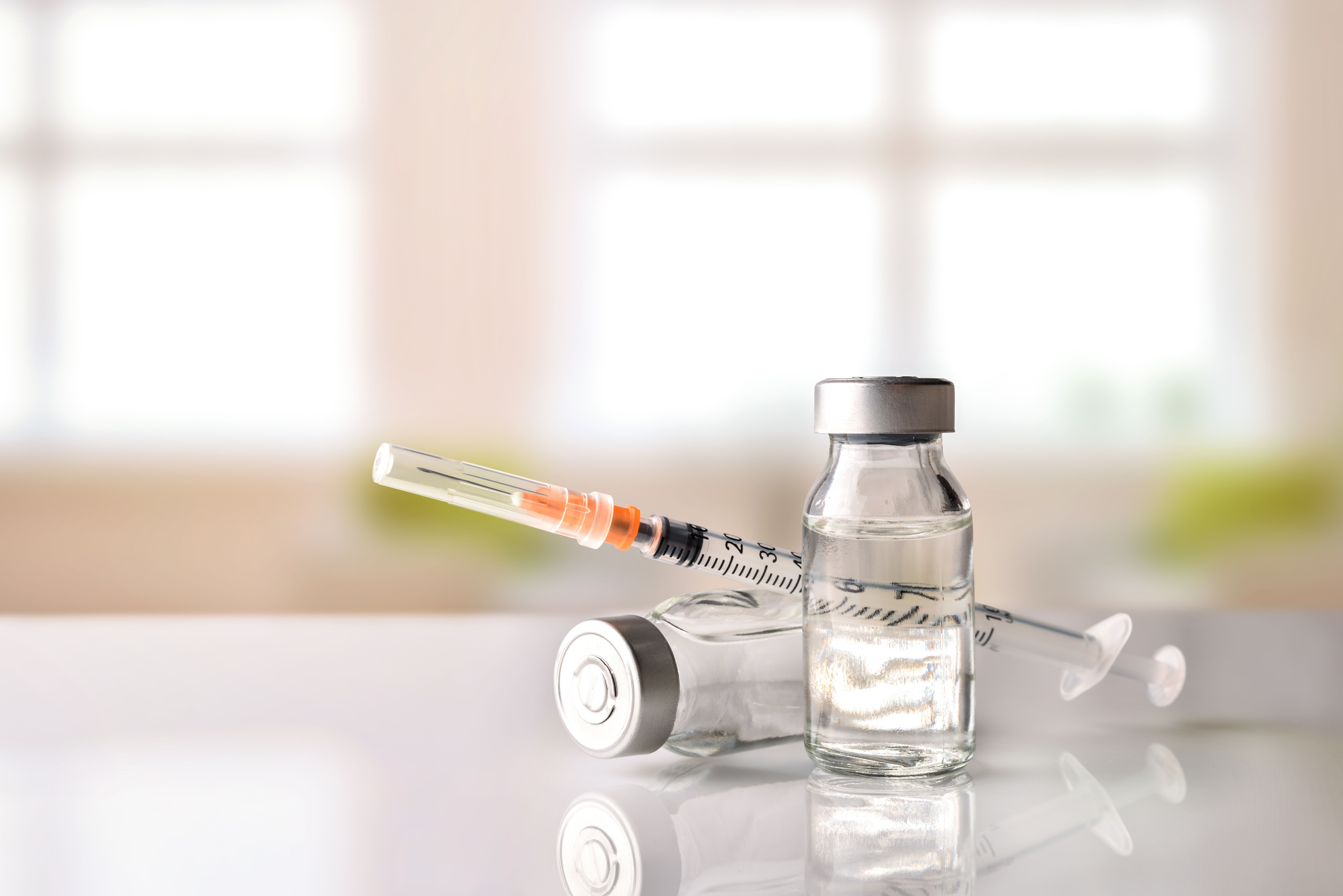News
Article
EBCare Smart Mask Assesses Metabolic Conditions, Respiratory Airway Inflammation in Patients With Asthma, COPD
Author(s):
The exhaled breath condensate mask was able to successfully monitor and accurately detect breath for nitrate in patients with asthma or chronic obstructive pulmonary disease.
A study published in Science demonstrates the usability of a “smart mask” in assessing metabolic conditions and respiratory airway inflammation in patients with asthma or chronic obstructive pulmonary disease (COPD) following COVID-19 infection. With the increased use of personalized wearable devices that monitor user’s health and exhaled breath condensate (EBC), such as patches or monitors and sensors, the investigators introduced and evaluated the use of EBCare, a mask-based device which monitors EBC biomarkers in real-time.1,2
Image credit: Yuliia | stock.adobe.com

"Monitoring a patient's breath is something that is routinely done, for example, to assess asthma and other respiratory conditions. However, this has required the patient to visit a clinic for sample collection, followed by a waiting period for lab results," said lead investigator Wei Gao, PhD, professor of medical engineering, California Institute of Technology (Caltech), in a news release. "Since [the] COVID-19 [pandemic], people are wearing masks more. We can leverage this increased mask use for remote personalized monitoring to get real-time feedback about our own health in our home or office. For instance, we could use this information to assess how well a medical treatment may be working."1
EBCare is only a prototype that can analyze the chemicals in the user’s breath in real-time, whereas other monitoring methods typically detect physical changes, such as temperature, humidity, or the rate of breath. Additionally, EBCare can monitor patients with asthma for levels of nitrite, which is a chemical that indicates airway inflammation.1
According to the authors, the breath needs to first be cooled and condensed into a liquid in order to analyze the chemicals or molecules it holds. The cooling step is done separately from the analysis in clinical trials, and moist breath samples are often chilled on buckets of ice or bulky refrigerator coolers. The EBCare, note the authors, is self-cooling, therefore, the steps made to cool and condense the breath are not needed. When the breath is converted into a liquid, bioinspired microfluidic capillaries transfer the liquid to the mask’s sensors for the analysis, which can then be transmitted to the user’s phone, tablet, or computer.1
"The mask represents a new paradigm for respiratory and metabolic disease management and precise medicine because we can easily get breath specimens and analyze the chemical molecules in breath in real time through daily masks. The breath condensate contains soluble gases as well as nonvolatile substances in the form of aerosols or droplets, such as metabolic substances, inflammatory indicators, and pathogens,” explained lead study author Wenzheng Heng, graduate student at Caltech, in the news release. “We learned from plants how to transport the water. Plants use capillary forces to draw water upward from the ground.”1
A set of studies that evaluated humans were performed to test the masks, and the studies primarily enrolled patients who had asthma or COPD. The investigators noted specifically monitoring patients’ breath for nitrate, an inflammatory biomarker for both asthma and COPD. According to the results, the EBCare mask was able to accurately detect the biomarker and indicate whether inflammation was present in the patients’ airways. Additionally, another study demonstrated that the masks were also able to accurately detect blood alcohol levels in humans and can therefore serve as a tool for on-site drinking and driving checks or other forms of alcohol-consumption monitoring.1,2
Further, the investigators also studied how the masks can potentially be used to evaluate blood urea levels in the management and monitoring of kidney disease. Another study showed that the smart masks were able to accurately detect the ammonium levels that appear in the breath condensate, closely reflecting urea levels present in the blood.1
The investigators note that these studies are a “proof of concept” and allows them to expand the technology to incorporate other markers related to asthma and COPD. Additionally, they are hopeful that EBCare serves as a foundation for creating a smart mask that can function as a versatile platform for general health monitoring.1,2
"The smart mask platform for EBC harvesting and analysis represents a major advance in the potential to monitor lung health in real time," says co-author Harry Rossiter, investigator at the Lundquist Institute for Biomedical Innovation at Harbor-UCLA, and professor of medicine at the David Geffen School of Medicine at UCLA, in a news release. "That concept, that biosensors for a wide range of compounds may be added in the future, highlights the game-changing potential of the smart mask for health monitoring and diagnostics."1
REFERENCES
1. California Institute of Technology. Smart mask monitors breath for signs of health. News release. August 29, 2024. Accessed August 30, 2024. https://www.eurekalert.org/news-releases/1055758
2. Heng, W, Yin, S, Min, J, et al. A smart mask for exhaled breath condensate harvesting and analysis. Science. 385,954-961(2024) doi:10.1126/science.adn6471
Newsletter
Stay informed on drug updates, treatment guidelines, and pharmacy practice trends—subscribe to Pharmacy Times for weekly clinical insights.






